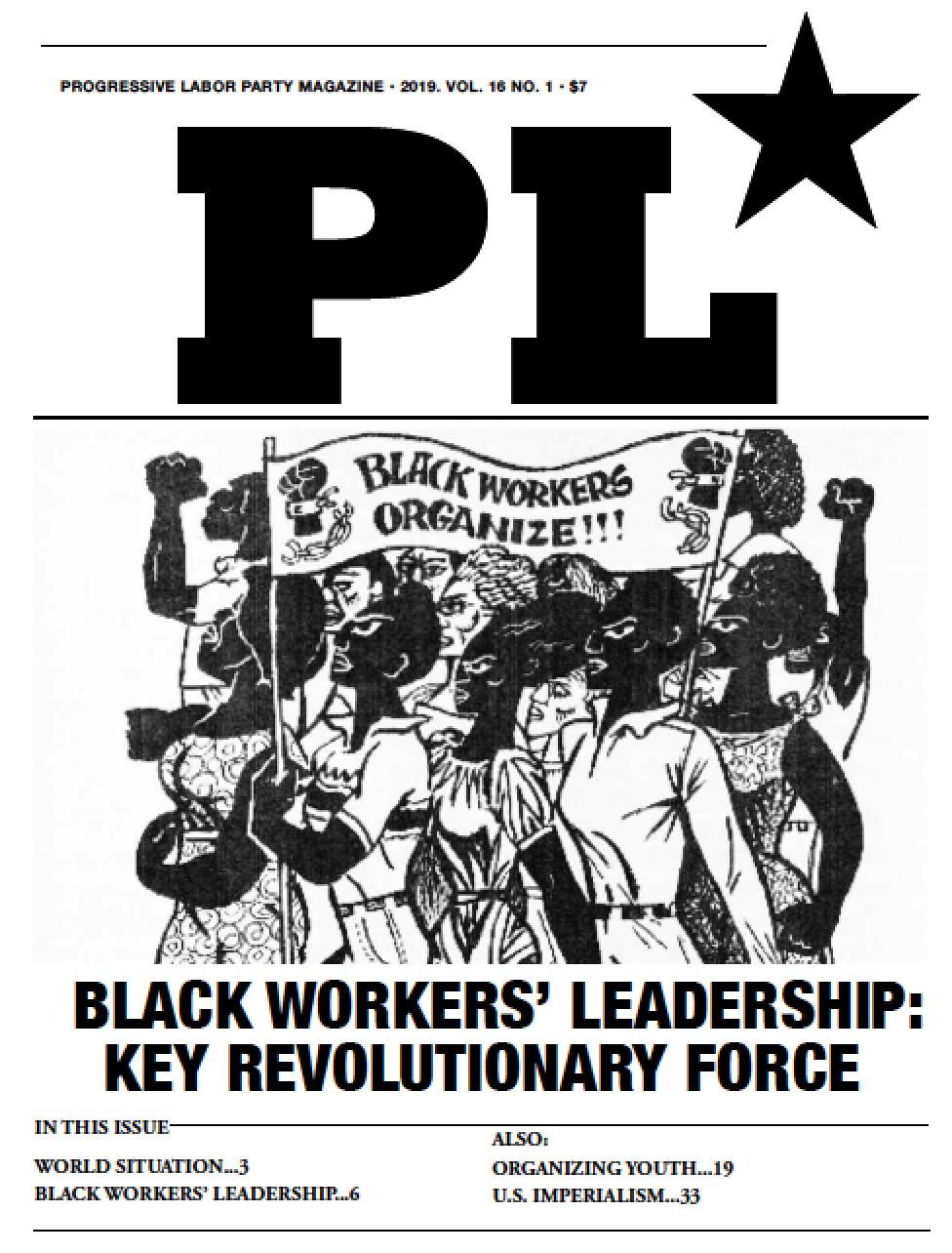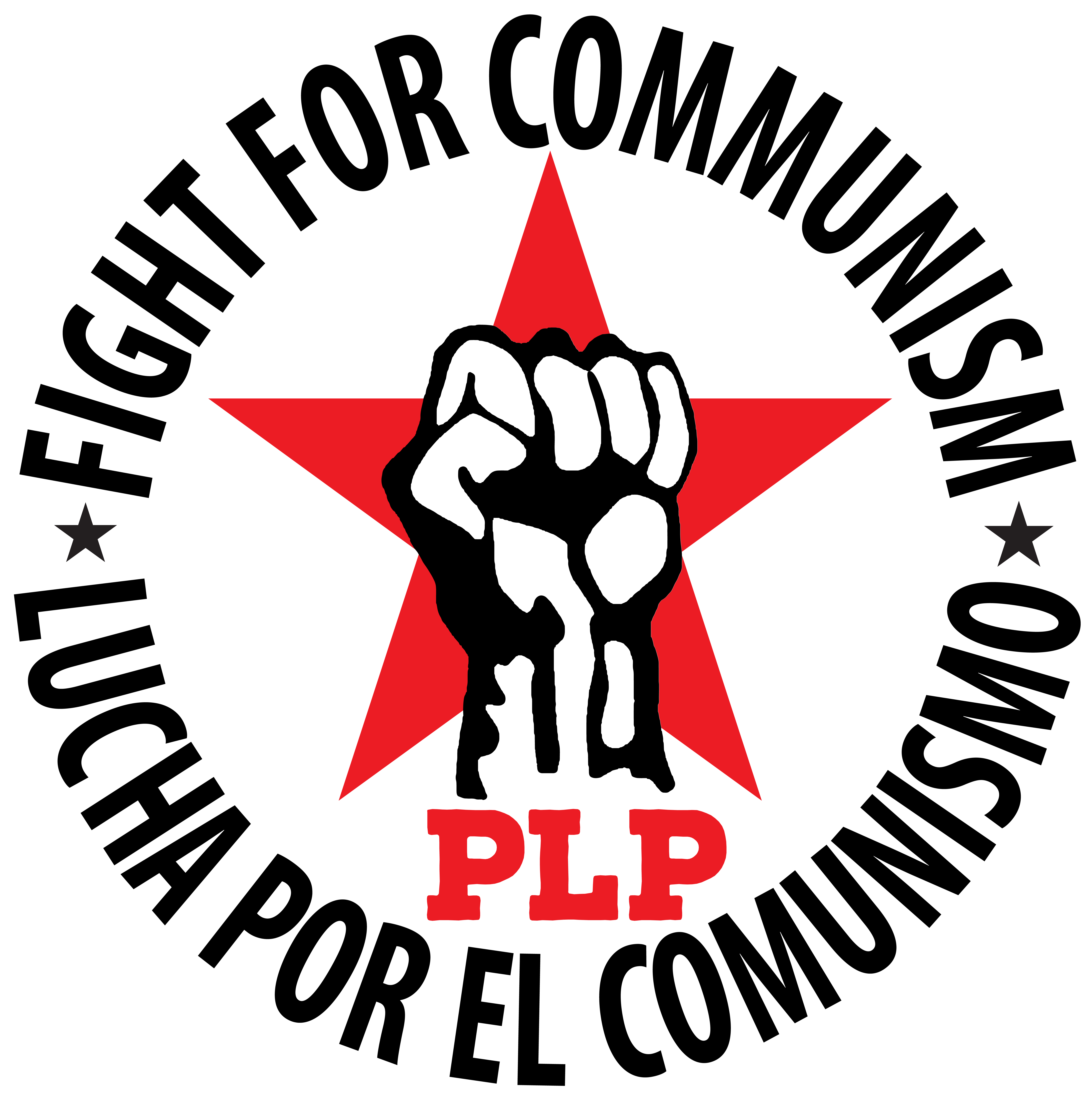Lesson from the Cultural Revolution No Cops, No Crime
 Thursday, August 14, 2014 at 4:03AM
Thursday, August 14, 2014 at 4:03AM The Western imperialists have characterized China today as a police state. And it’s true. There was a large increase in the number of police following Deng Xiaoping’s economic reforms of the early 1980s, and even more so after 1989, when the state capitalist government brutally crushed the mass “pro-democracy” protests in Tiananmen Square. In fact, you might say the police presence in China has grown in proportion to the country’s development as a major capitalist power.
But there was a time when the Chinese police presence was almost nonexistent, specifically during the Great Proletarian Cultural Revolution (GPCR). Interestingly enough, with few police, there were fewer crimes. When there were no police, there were no crimes. With strong, organized communities, there is no need or place in a society for police.
During the Cultural Revolution, there were nearly a million people in my county, but only about thirty police officers. Our Chengguan Commune included fifty villages, many factories, and businesses in the biggest town of the county. But the commune’s dispatch station had only five police officers.
At this time there were about 1,000 people in my village. In middle school, my classmates came from seven surrounding villages. In high school, all fifty villages in the commune and many state-owned enterprises were represented. During the ten years of the Cultural Revolution, I knew of no criminal activity in my village or in any neighboring villages.
Certainly, there were “crimes,” but the village government refused to deal with them as such. Village leaders never called the police for investigations; they never punished people involved as criminals. Through mediation, public criticism and economic compensation, villages dealt with these matters without sending anybody to prison. I can remember four cases that illustrate how our rural communities dealt with crime. It was superior to any other model I have experienced since.
The Community Makes Peace
One case involved my best friend and his family. His older brother played with his slingshot after school, like other boys in the village. His uncle raised pigeons as pets, and their daily flights over the village became a notable thing to see. One day, the uncle accused my friend’s brother of targeting his flock with his slingshot and slapped him. When my friend’s brother told his father about the incident, he went to challenge the uncle, and soon they were embroiled in a fistfight. My friend’s father lost the first round; he was older and the younger uncle had studied martial arts. The next morning, my friend and his brother went with their father, but they lost again. Because there were no serious injuries, the community did nothing about the incident.
The second case involved one of my classmates. His family migrated to the northeast following flood-related grain shortages during the Great Leap Forward. After life in our village stabilized, his family returned. But having sold everything, they needed furniture and household utensils, and neighbors and relatives stepped in to help. My classmate’s aunt helped the most, partly because her husband had worked for the government granary and she was relatively well-off. (In 1960, he was killed by lightning while trying to cover grain in a thunderstorm. He was recognized as a martyr of the state, which took care of his family. All of his grown children found good jobs in state-owned enterprises or joined the army.)
My classmate’s father argued with his very helpful aunt. In a spurt of anger, the aunt took back the big cooking pot she bought for the family. In our area, one never threatened to take away someone’s cooking pot, as this threatened a family’s survival. My classmate’s father lost his temper and started to push the aunt around. She went home and got her two teenage sons to try to take back all the gifts she gave to the family the year before. At that point, my classmate’s father ordered his three sons to beat their cousins with sticks. They beat them very badly, until village leaders came out and ordered them to stop.
The oldest brother of the badly beaten cousins was away serving in the army. After receiving a telegram from his mother, he came home with an officer from his unit to ensure the family was protected and treated fairly. Village leaders explained to them that the fight was a family quarrel that had gone out of control. In the end, the village leader convinced my classmate’s father to apologize to the aunt, who accepted and made peace. The dispute was settled without police involvement.
Village Mediation
The third case was between the Huang and Yuan families in the village’s first production team. The Yuan family had two daughters and the Huang family had three, all about the same age. They often worked together in the collective field. One day, Yuan Wenyin and Huang Jiashan argued and it soon became a fistfight. All the sisters from both families joined in. Yuan Wenyin hit Huang Meiyun in the head with a shovel. The fight was soon broken up by the villagers, but Huang Meiyun’s father claimed that his daughter, one of the village’s few high school graduates, suffered brain damage from the blow. The village’s revolutionary committee mediated the case and asked the Yuan family to pay the young woman’s medical expenses and compensate her for lost work points. The Yuan family accepted the mediation, another case solved without police involvement.
Redeeming an Attempted Killer
The final example was an attempted murder committed by Fu Chengzhen, the only son of a rich peasant woman in the village. When his mother died, the third production team leaders tried to help him by assigning him to an operation that required work in the early hours to get ready for the morning market. There he fell in love with his coworker, Zhou Dihua, from a poor peasant family. Her family disapproved of the relationship and insisted that she stop seeing him. Instead, Fu Chengzhen sold his house and his mother’s gold, and the couple eloped. They lived away from the village for two years, giving birth to a boy. When the baby was one year old, they decided to return, assuming that Zhou Dihua’s family would now accept them. But upon their arrival, Zhou’s father ordered her to stay at home and secretly arranged for the baby to be adopted by a family far away. Fu Chengzhen was now penniless and homeless. Village leadership assigned him to work in the forest team, where he’d have access to a house, a kitchen, plenty of grain and firewood.
The Moon Festival is a family reunion holiday in China, with everybody celebrating with their family under the full moon. Each villager received two pounds each of meat, seafood, and a bottle of liquor from the village. But Fu Chengzhen had no family to celebrate with, and the more he thought about it, the angrier he became. He decided to kill himself and Zhou Dihua.
He ate poison and then went to Zhou’s home, going straight to her bedroom with a knife. As the poison began to take effect, Fu’s vision was blurred and his hands were shaky. He mistook his girlfriend’s mother, sitting in the bed, for his girlfriend — and stabbed her. She screamed and her two sons rushed in and restrained him with a rope. The brothers were about to stab him with his own knife when village leaders arrived. They ordered the brothers and others to take both Fu Chengzhen and his victim to the hospital. Fortunately, doctors were able to save them both, which enabled the village leaders to deal with the matter without involving police.
When the two were discharged from the hospital, the village leaders told a mass meeting that the villagers had not helped Fu Chengzhen sufficiently. They decided to give him a lot to build a house. A couple years later, they even helped him find a girlfriend. In 1998, I went back to my village and saw Fu at work in the village’s construction company. He told me he was very grateful to the community, and that he would have ended up in prison for a long time had he been sent to the police. He has been working very hard ever since to pay the community back.
I saw all these cases with my own eyes while growing up in my village. I am writing them down to tell the world that the Cultural Revolution empowered China’s communities to govern themselves without police involvement. They strived for positive outcomes, even in the most difficult circumstances. Many people who might have been treated as criminals were able to remain productive members of society. The community gained from their productivity while avoiding the costs of keeping someone in prison. It was a win-win situation for all.
 Contributor |
Contributor |  1 Comment |
1 Comment | 




 Progressive Labor Party (PLP) fights to destroy capitalism and the dictatorship of the capitalist class. We organize workers, soldiers and youth into a revolutionary movement for communism.
Progressive Labor Party (PLP) fights to destroy capitalism and the dictatorship of the capitalist class. We organize workers, soldiers and youth into a revolutionary movement for communism.




Reader Comments (1)
Any criticism begins with self-criticism. I have lived my summer in a bubble. Taking care of my family, hiding from the mayhem which is life under capitalism. I know I must do more to aid in the effort to change the world. My quandary is how to participate. I had discussions with life-long friends about how critical it is to get involved because capitalism has not, does not, and will not work to rescue humanity from destruction. My point in writing this letter is to ask. Where is the outrage from Challenge when black workers are struck down by workers? I understand that the police executing workers is an act of state violence. Rebellions like the one in Ferguson are to be lauded and evaluated. Efforts to keep past acts in the forefront of the analysis of capitalism are essential. However, please look at these situations from the perspective of black workers. The same capitalist state creates the miserable conditions under which workers live daily. Harassed, jailed, and killed by the state. Terrorized and murdered by sometimes organized, sometimes random, street and gang violence. Both must be pointed out and organized against if there is to be change. The article written about self-policing in China pointed out what workers can do. I realize this happened under a worker's state. Isn't a workers' state that to which we aspire? We have to exhibit the confidence in the working class that says they will follow the most left line. The line that teaches that there us something to fight for as well as against. The line that says we can rule ourselves. That includes self-discipline in the ranks of the Party and in neighborhoods. Self-discipline that dictates whether right-wing attacks are executed by the state or backward members of the working class will be deemed intolerable, protested against and the communist alternative built among the Party and its base. I welcome your responses.